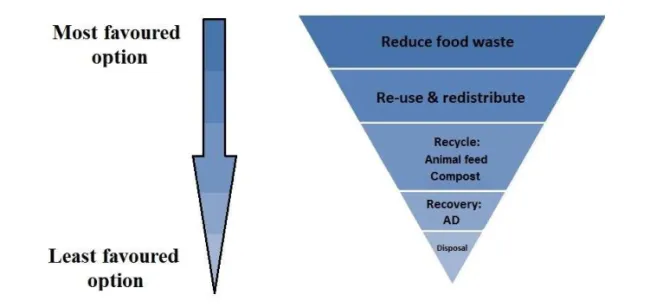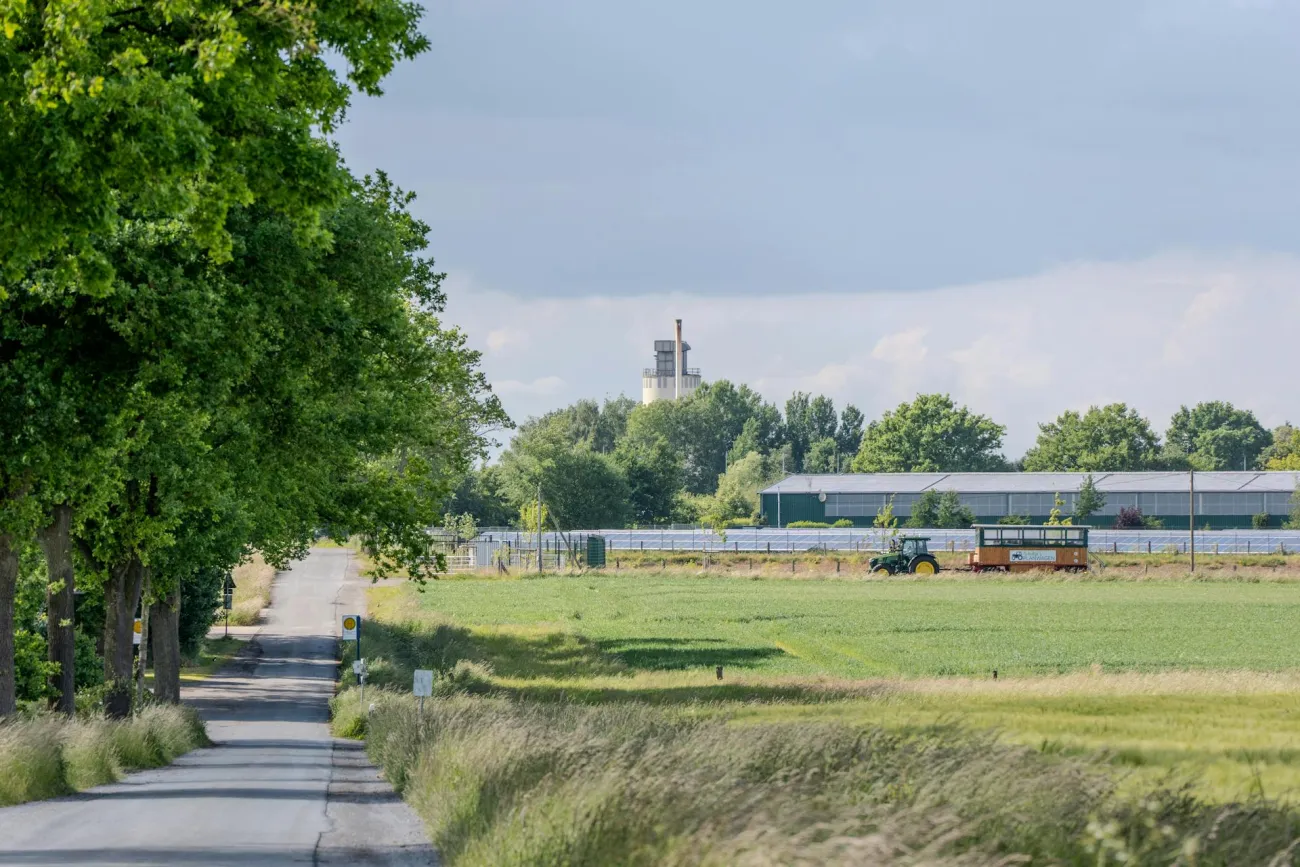This paper analyses the options for and impacts of using food waste as animal feed and is the first study to compare the environmental impacts of recycling municipal food waste as animal feed with alternative disposal options in the EU.

The paper suggests that if barriers relating to consumer and industry support, policy change, and investment in food waste collection infrastructure could be overcome, the re-legalisation of food waste in pig feed could lead to substantial environmental and health benefits.
While feeding municipal food waste to livestock is currently illegal in the EU, it is a common practice in many parts of the world, and there is growing interest in its potential use as a replacement for high-impact, high-cost conventional pig feed. Through a hybrid, consequential life cycle assessment (LCA) the authors compared the environmental and health impacts of four technologies for food waste processing: two technologies of South Korean style-animal feed production (as a wet pig feed and a dry pig feed) were compared with two widespread UK disposal technologies: Anaerobic digestion (AD) and composting. It finds that that converting municipal food wastes into pig feed would lead to lower environmental and health impacts than processing waste by composting or anaerobic digestion – the UK government’s currently preferred disposal option. Processing of food waste as a wet pig feed and a dry pig feed have the best and second-best scores, respectively, for 13/14 and 12/14 environmental and health impacts.
Abstract
The disposal of food waste is a large environmental problem. In the United Kingdom (UK), approximately 15 million tonnes of food are wasted each year, mostly disposed of in landfill, via composting, or anaerobic digestion (AD). European Union (EU) guidelines state that food waste should preferentially be used as animal feed though for most food waste this practice is currently illegal, because of disease control concerns. Interest in the potential diversion of food waste for animal feed is however growing, with a number of East Asian states offering working examples of safe food waste recycling – based on tight regulation and rendering food waste safe through heat treatment. This study investigates the potential benefits of diverting food waste for pig feed in the UK. A hybrid, consequential life cycle assessment (LCA) was conducted to compare the environmental and health impacts of four technologies for food waste processing: two technologies of South Korean style-animal feed production (as a wet pig feed and a dry pig feed) were compared with two widespread UK disposal technologies: AD and composting. Results of 14 mid-point impact categories show that the processing of food waste as a wet pig feed and a dry pig feed have the best and second-best scores, respectively, for 13/14 and 12/14 environmental and health impacts. The low impact of food waste feed stems in large part from its substitution of conventional feed, the production of which has substantial environmental and health impacts. While the re-legalisation of the use of food waste as pig feed could offer environmental and public health benefits, this will require support from policy makers, the public, and the pig industry, as well as investment in separated food waste collection which currently occurs in only a minority of regions.
Citation
Salemdeeb R, zu Ermgassen EKHJ, Kim MH, Balmford A, Al-Tabbaa A, (2016). Environmental and health impacts of using food waste as animal feed: a comparative analysis of food waste management options, Journal of Cleaner Production doi: 10.1016/j.jclepro.2016.05.049
Read the full paper here if you have journal access (note that this is the author accepted manuscript currently under an indefinite embargo pending publication by Elsevier).
You can read related research by browsing the following categories of our research library category on waste and resource use, the keyword categories food waste, surplus food, , animal feed, anaerobic digestion.




Comments (0)